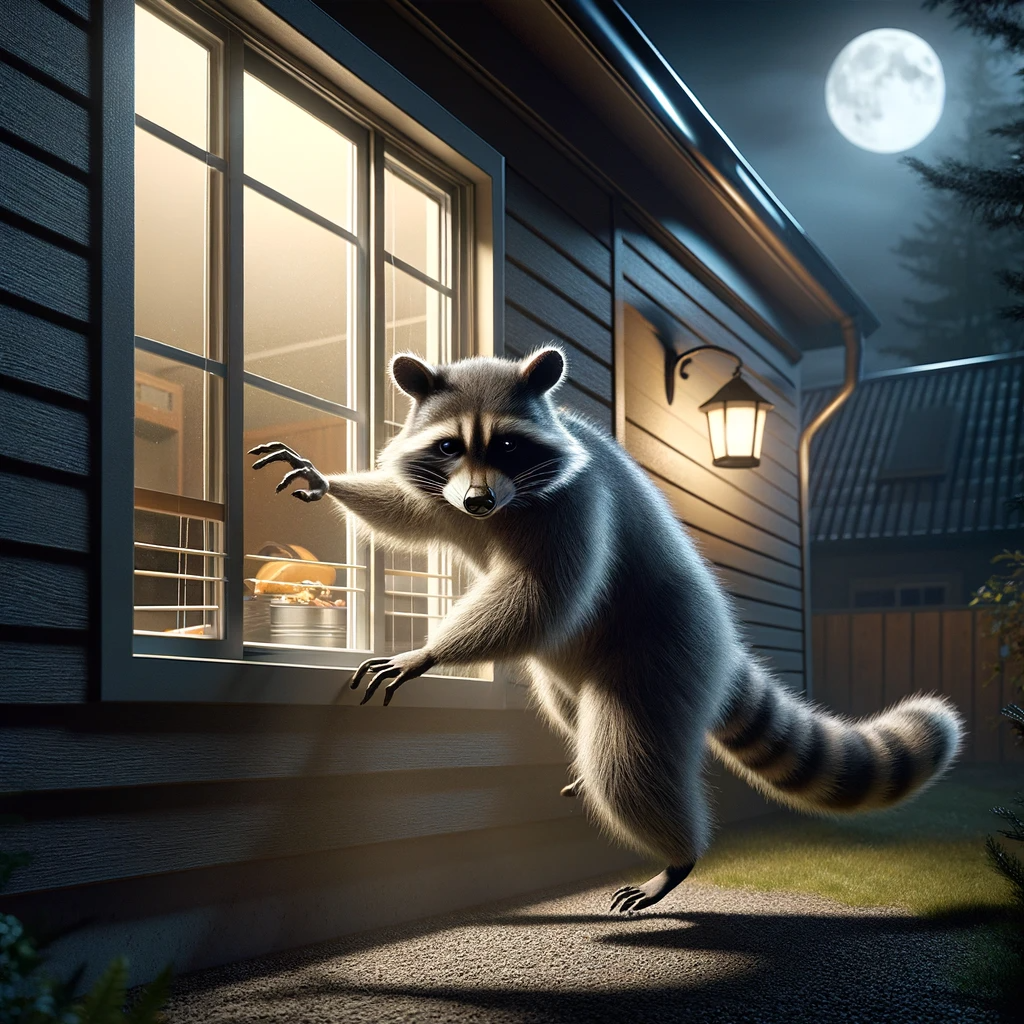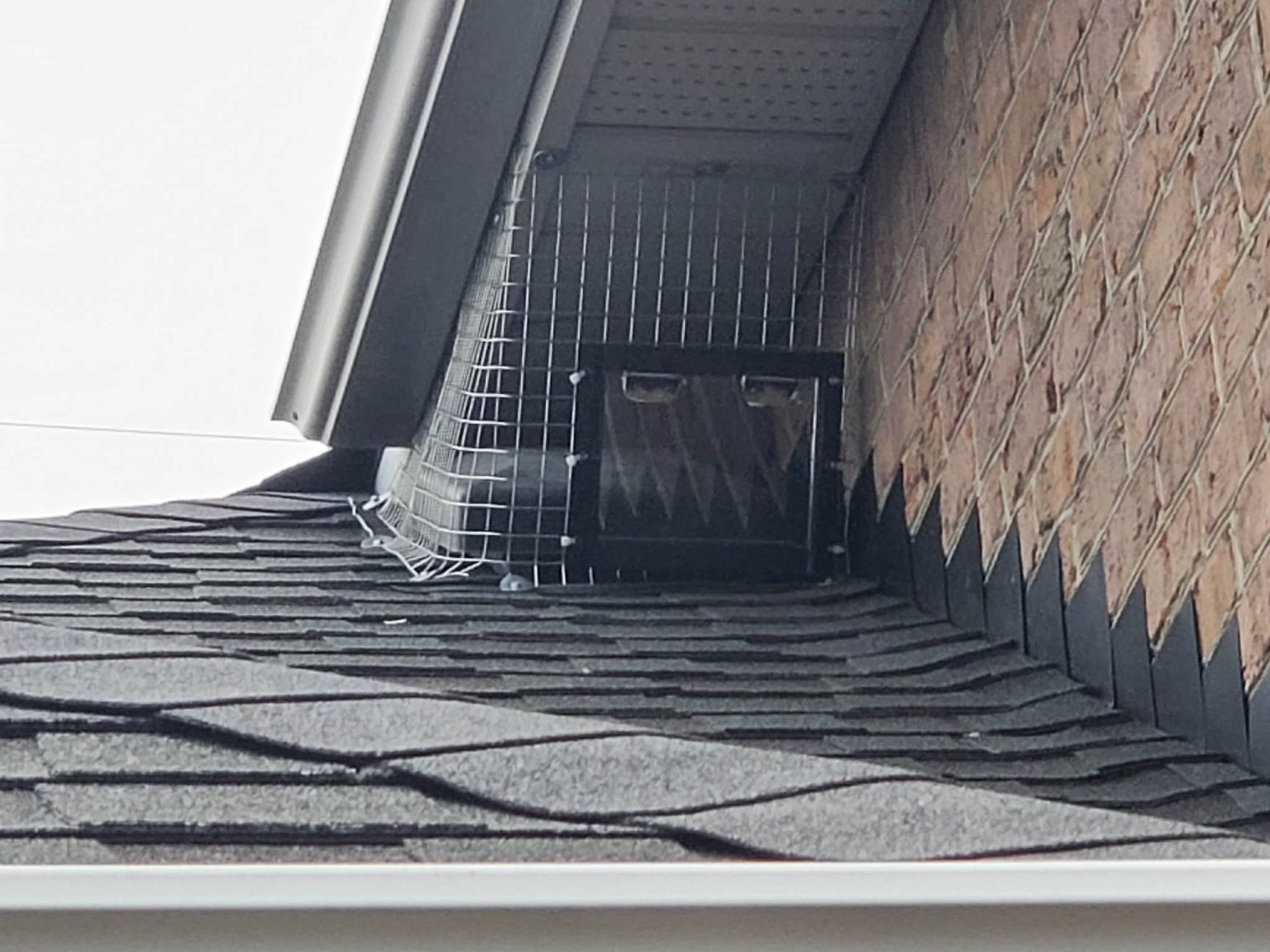The population of raccoons in Canada has been rapidly increasing over the past few decades. These adaptable creatures have easily adjusted to urban environments and are now migrating in large numbers from rural areas to urban households.
As raccoons continue to thrive in urban settings, they pose various challenges and concerns for both individuals and communities. Their ability to scavenge for food and their opportunistic nature often lead them to rummage through garbage cans, creating a mess and attracting other pests.
Additionally, raccoons can cause damage to property, including gardens, lawns, and even homes, as they search for food and shelter. Their presence also increases the risk of diseases such as rabies, which can be transmitted to humans and pets through bites or scratches. As the population of raccoons continues to grow, it becomes increasingly important for individuals and communities to find effective and humane methods to manage and mitigate the conflicts that arise.


Property damage: Raccoons have a tendency to make holes in walls and ceilings, especially when seeking entry into homes. These holes can lead to structural damage, allowing water, pests, and other unwanted elements to enter the property.
Attic destruction: Raccoons often find their way into attics and can cause significant damage once inside. They have been known to rip up air ducts, insulation, and electrical wiring. This destruction not only affects the functionality of the attic but also poses potential fire hazards.
Health risks: Raccoons carry a variety of diseases, and their feces can harbor harmful parasites and bacteria. When raccoons infest an area, they tend to leave feces everywhere they go, creating a potential health hazard for humans and pets. Inhaling airborne particles from raccoon droppings can lead to respiratory issues and other health complications.
Contamination and odor: Raccoons are notorious for rummaging through trash cans and creating messes. When they invade properties, they may scatter garbage and food waste, leading to unsanitary conditions and attracting other pests. Additionally, raccoon urine and feces can leave behind a strong odor that is difficult to eliminate without professional help
Our 6-point plan for excluding raccoons at Hamilton Wildlife Removal is as follows:
1. Inspection of Roof and Home: Our trained professionals will thoroughly inspect your property, including the roof and other potential entry points, to identify areas where raccoons may be gaining access.
2. Provide Quote: Based on the inspection findings, we will provide you with a detailed quote that outlines the recommended exclusion measures and their associated costs. This will help you make an informed decision about the services you require.
3. Perform Exclusion: Once you have approved the quote, we will proceed with the exclusion process. This involves installing a one-way door and implementing any necessary prevention work to ensure raccoons cannot re-enter your property.
4. Wait for Raccoons to Vacate: Raccoons are naturally curious and will eventually explore the one-way door, allowing them to exit your property but not re-enter. We will monitor the situation until we are confident that all raccoons have left your premises.
5. Remove One-Way Door and Seal Entry Point: Once we are certain that the raccoons have vacated your property, we will return to remove the one-way door and seal up the entry point to prevent future raccoon infestations.
6. Five-Star Review: We strive to provide exceptional service to our customers, and your satisfaction is our top priority. We kindly request that you leave us a five-star review to help us continue providing quality wildlife removal services to others in the Hamilton area.
Raccoons are the largest mammals that can be found in household attics. Not only are they challenging and aggressive, but they are also highly determined and strong. Female raccoons who are expecting to become mothers are always on the lookout for a safe and warm place to nurture their young. These raccoons will go to great lengths to infiltrate your attic and make it their home.
Many people are unaware, but raccoons also dwell in trees. However, due to the expansion of cities and increased construction, these raccoons are now forced to seek shelter and give birth in houses and buildings. In fact, a significant number of raccoons are born and spend a considerable portion of their lives in houses. This change in environment can cause behavioral changes in the raccoons, leading them to believe that they belong in a building or house. This is also a major reason why there is an increase in occurrences of raccoon break-ins.
Rabies risk: Raccoons have the highest risk of carrying rabies, making it challenging to deal with them if they invade your home. Rabies is a viral disease that can be transmitted to humans through bites or scratches from infected raccoons, posing a significant health concern.
Vector for parasites: Raccoons are excellent hosts for fleas, mites, and ticks. If a raccoon infests your home, the chances of these tiny pests multiplying and spreading throughout your living space increase. These parasites can bite humans and pets, potentially causing discomfort, allergic reactions, and transmitting diseases.
Raccoon roundworm: Certain raccoons are known to carry the raccoon roundworm, a microscopic parasite that can be transmitted to humans through contact with raccoon saliva, feces, or contaminated soil. Ingesting the roundworm eggs can lead to serious health issues, including neurological damage, blindness, and organ damage.
Distemper transmission: Raccoon feces can commonly contain the distemper virus, a highly contagious disease that affects various animals, including dogs and cats. If your pets come into contact with raccoon feces or have a scuffle with a raccoon, they can contract distemper, which can cause respiratory, gastrointestinal, and neurological symptoms, potentially leading to severe illness or death if left untreated.

Hamilton Wildlife is your go-to solution for skunk and raccoon removal in Hamilton. With years of experience, we have been providing exceptional wildlife removal services to both residential and commercial property owners. Our highly skilled team has developed extensive expertise in animal and bird control, ensuring a safe and efficient removal process. Now serving surrounding areas as well.
All Rights Reserved © 2023 Hamilton Wildlife.